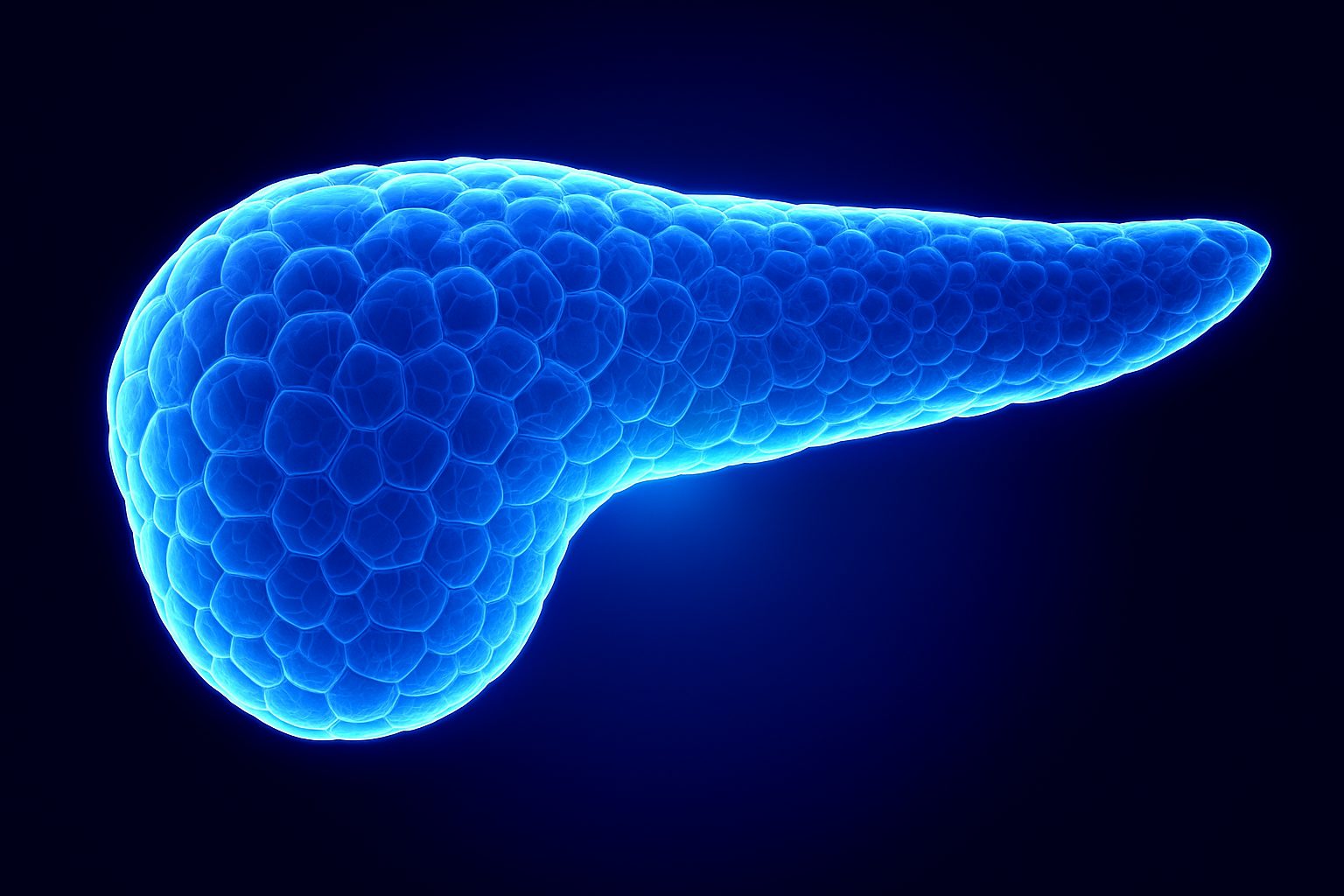(dy-AL-ih-sis):
the process of cleaning wastes from the blood artificially. This job is normally done by the kidneys. If the kidneys fail, the blood must be cleaned artificially with special equipment. The two major forms of dialysis are hemodialysis and peritoneal dialysis.
- hemodialysis (HE-mo-dy-AL-ih-sis):the use of a machine to clean wastes from the blood after the kidneys have failed. The blood travels through tubes to a dialyzer (DY-uh-LY-zur), a machine that removes wastes and extra fluid. The cleaned blood then goes back into the body.
- peritoneal (PEH-rih-tuh-NEE-ul) dialysis: cleaning the blood by using the lining of the abdomen as a filter. A cleansing solution called dialysate (dy-AL-ih-sate) is infused from a bag into the abdomen. Fluids and wastes flow through the lining of the belly and remain “trapped” in the dialysate. The dialysate is then drained from the belly, removing the extra fluids and wastes from the body.




